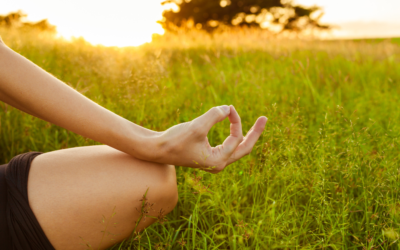Having recently being hiking in the beautiful and scenic NSW Snowy Mountains was a reminder to me of how important it is to get out into nature and natural light as often as you can, particularly for your body and mind.
So, I thought I would share this great article below that I read on lifehacker.com.au by Zara Baxter, discussing getting your body clock back on track by simply camping outdoors with just natural light and no electronic devices or other light sources.
“Many of us are night owls, and our bedtimes get later and later as time goes by. That might be good for late night productivity, but it makes it harder to get up in the morning. It’s all too common that we feel less alert first thing.
But it’s possible that going camping for a week will get your body clock back on track.
A study published in Current Biology suggests that taking time out from electrical light can help you switch from being a night owl to a lark, although there’s no idea, as yet, how long the effect might last.
The researchers, led by Kenneth Wright at the University of Colorado Boulder, studied eight adults for a week as they went about their daily routine, then took them out camping for a week.
While camping, the only light sources they had were sunlight, and campfire. They weren’t allowed to take or use personal electronic devices, flashlights, or other electrical light sources. The subjects also got to choose their own bed time, and how long they slept.
After a week even the night owls were waking up, on average, two hours earlier.
“By increasing our exposure to sunlight and reducing our exposure to electrical lighting at night, we can turn our internal clock and sleep times back and likely make it easier to awaken and be alert in the morning,” says Wright.
Wright thinks that the modern environment causes a two hour delay in the human body clock – he and his team measured this by looking at melatonin levels. It’s possible that the lower levels of light we get from electrical light, as compared to sunlight, contributes to that.
For the test group, they went to bed about midnight, and woke at 8am normally, but after a week of camping, they were going to bed around 10pm and waking at 6am. They slept about the same amount of time, in other words, but just shifted it backward.
Of course, most of us can’t go camping regularly, and it would be nice to have a larger study confirm the results. But there’s a few tips from Wright and his colleagues about how you can imitate the effect of going camping, based on their melatonin data.
“Our findings suggest that people can have earlier bed and wake times, more conducive to their school and work schedules, if they were to increase their exposure to sunlight during the day and decrease their exposure to electrical lighting at night,” Wright says.
To get early morning sunshine, get out for a morning walk or run. If you’re lucky enough to sit by a window at work, keep the blinds up. You could also head outside for lunch.
To reduce how much electrical light you get in the evening, you could dim the lights and – yep, we’re going to say it – turn off your computer and TV. “








0 Comments